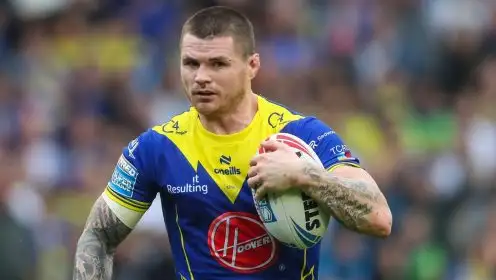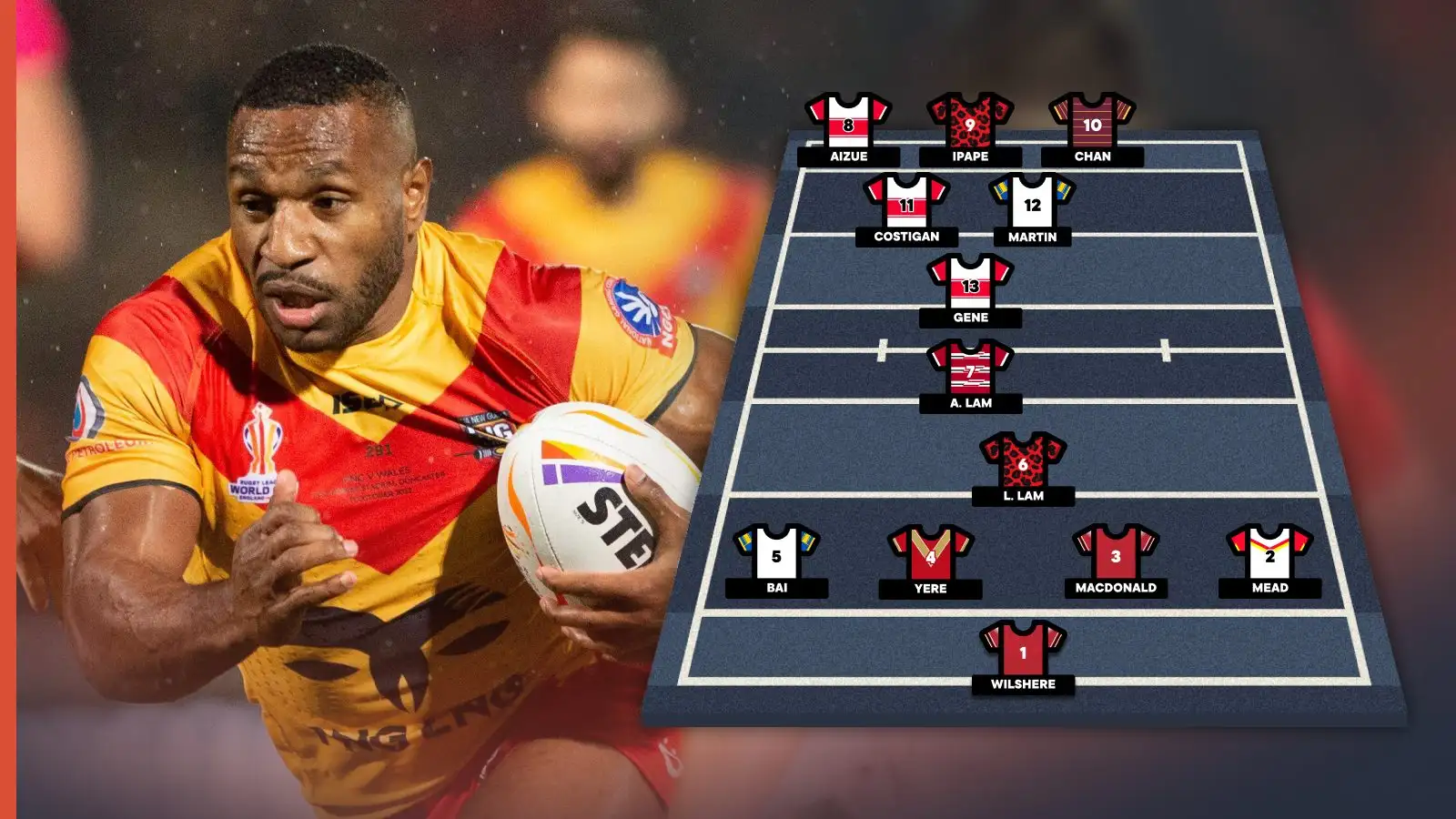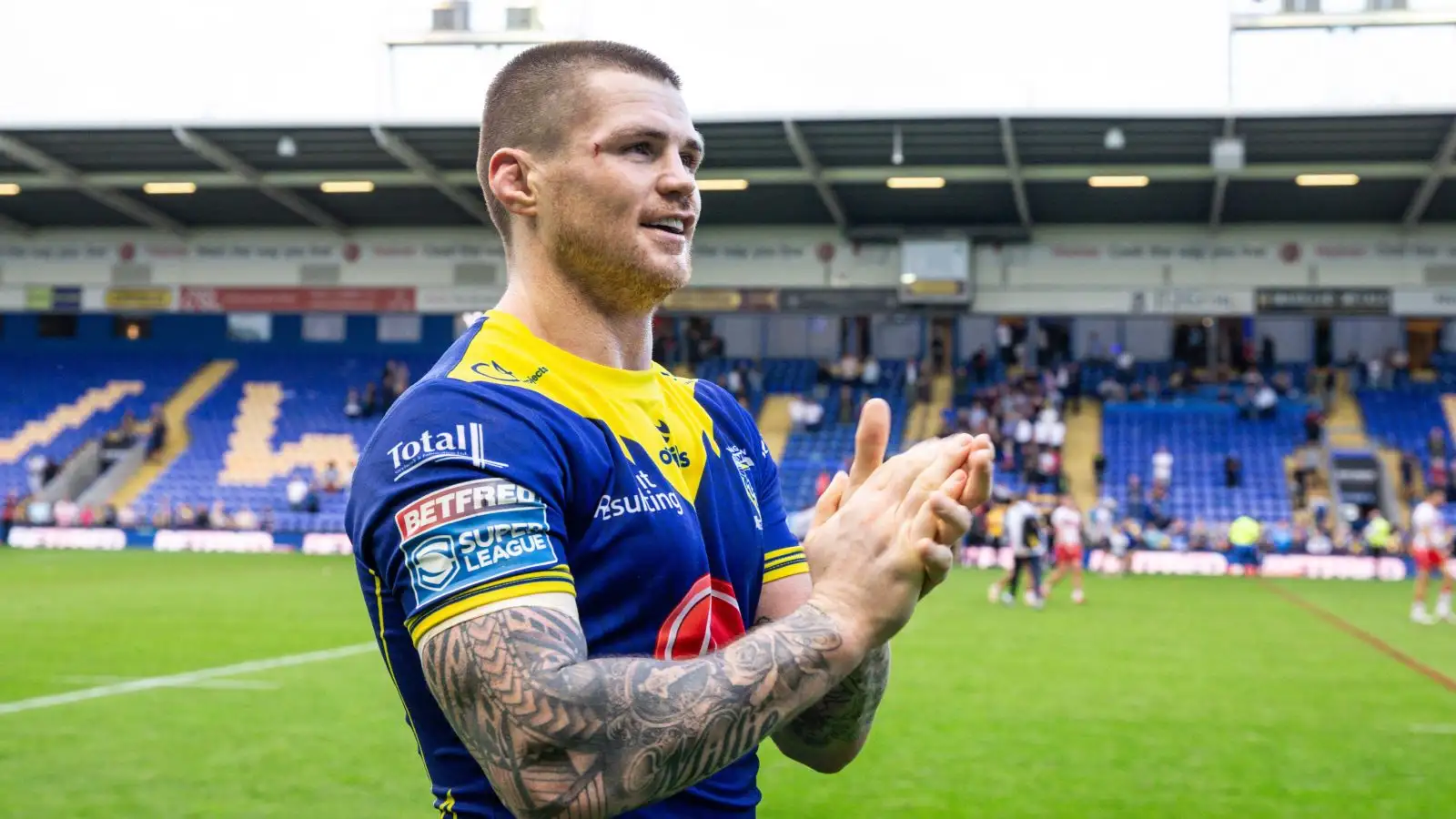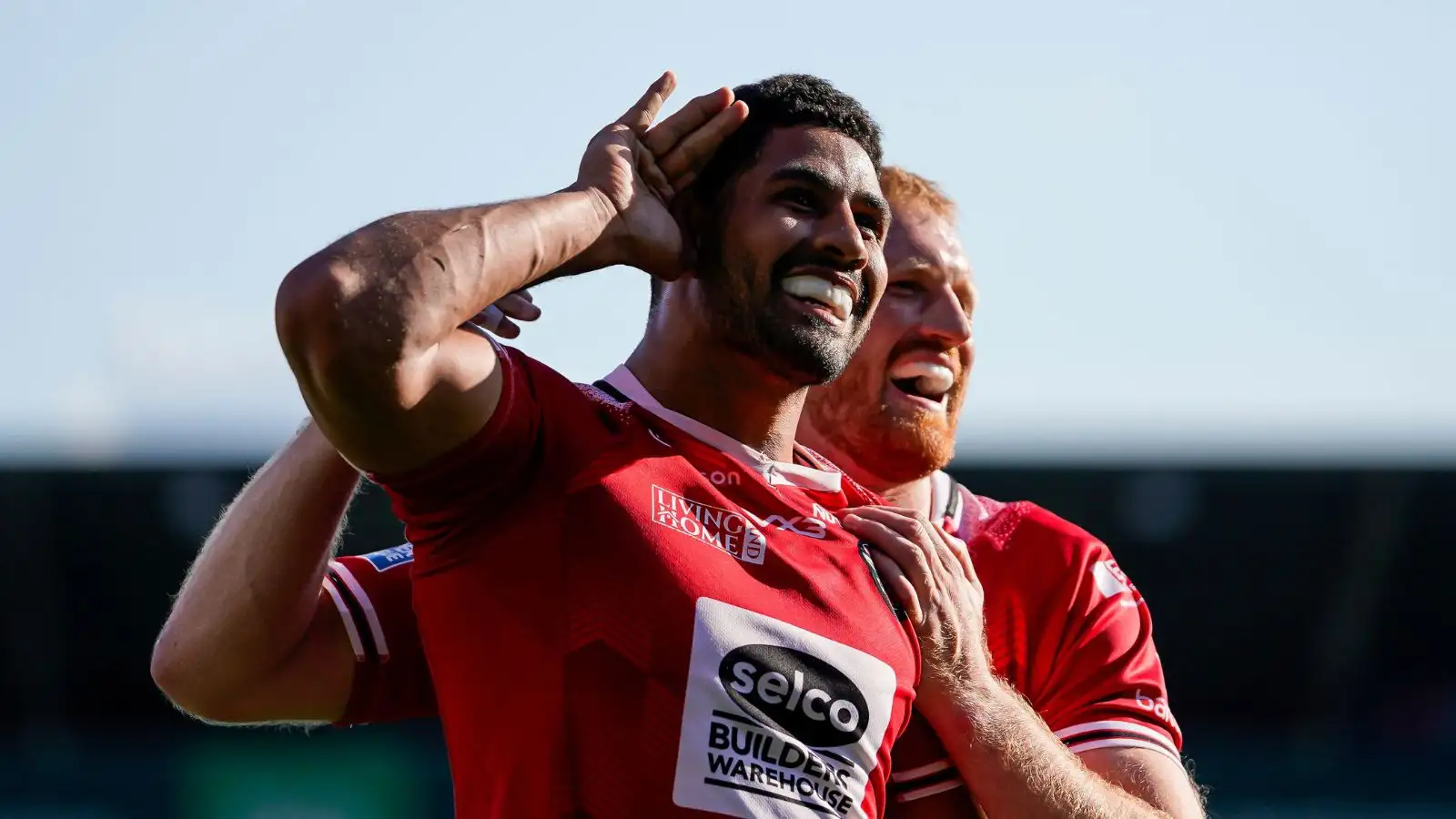James Segeyaro makes NRL return following Manly Sea Eagles boycott
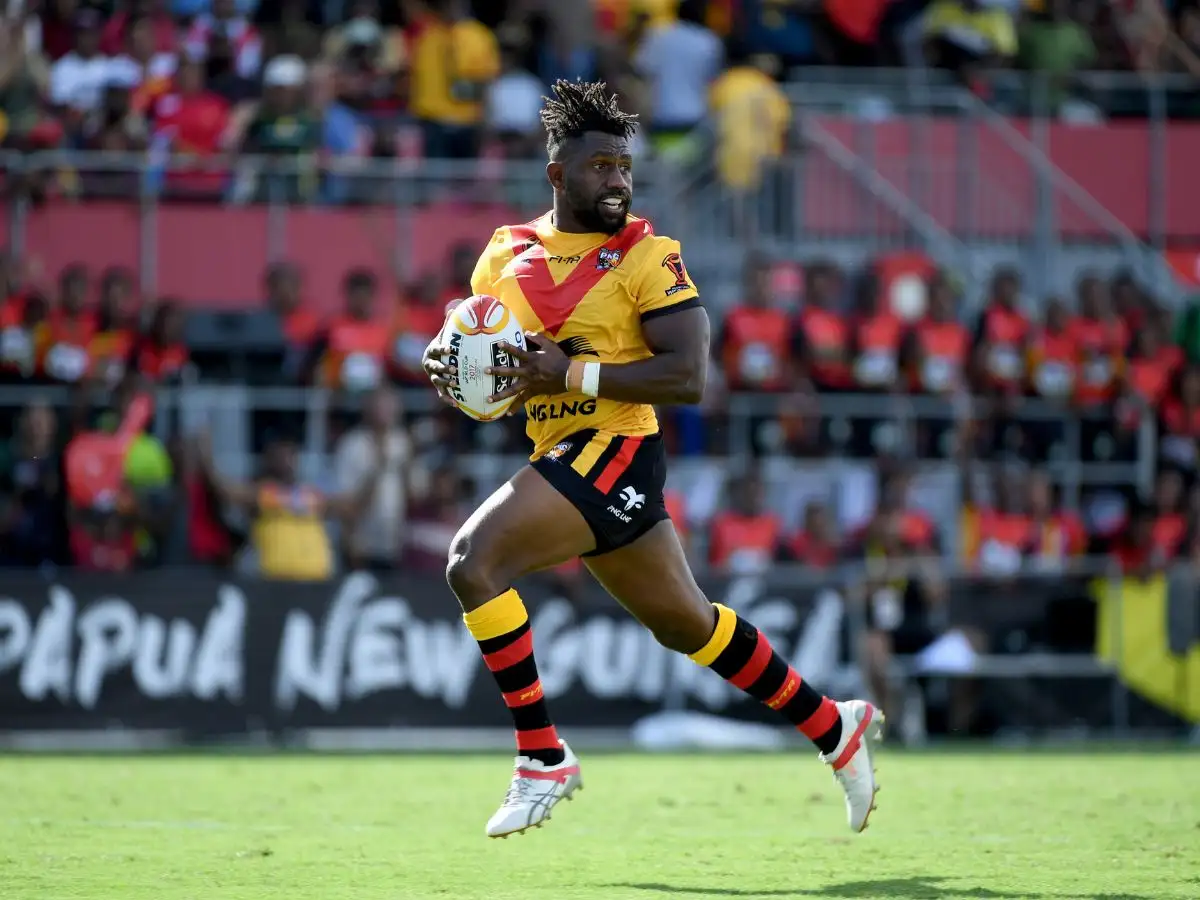
Papua New Guinea international James Segeyaro made his NRL return on Thursday for the Manly Sea Eagles in their defeat to Sydney Roosters.
The hooker was named on the interchange bench against the Roosters. They fell to a 20-10 defeat at 4 Pines Park, Sydney.
His last game in the NRL came in 2019, featuring for the Brisbane Broncos. He made his 150th NRL appearance that season, having made 13 appearances as the club finished eighth.
In 2021, Segeyaro was backdated a 20-month suspension by the NRL Anti-Doping Tribunal.
He returned to the game in 2022, signing with Blacktown Workers, feeder to the Manly Sea Eagles.
The 31-year-old made his debut in 2011 for the North Queensland Cowboys. He has since featured for Penrith Panthers, Cronulla Sharks and in Super League with Leeds Rhinos.
Segeyaro could represent his home nation at this year’s Rugby League World Cup in England. To date, he has won five caps for PNG.
Seven Manly Sea Eagles boycotted NRL match due to pride jersey
Seven Manly Sea Eagles players boycotted the game against the Roosters on Thursday over the club’s pride jersey.
The Sea Eagles became the first club in the NRL to wear a kit which promotes LGBT diversity and inclusion in the sport.
Josh Aloiai, Jason Saab, Christian Tuipulotu, Josh Schuster, Haumole Olakau’atu, Tolu Koula and Toafofoa Sipley all decided not to play because it conflicts with their cultural and religious beliefs’.
Manly coach Des Hasley apologised for the poor execution of the initiative; and that players should have been consulted beforehand.
Hasler said: “We are here today to apologise for a significant mistake by Manly Sea Eagles Football Club.
“As you are aware, the club this week launched a jersey for the Women in League Round. The change to our traditional jersey was the application of rainbow colours to replace the white lines.
“The intent of our rainbow application was to represent diversity and inclusion, utilising the symbolic colours of pride to embrace all groups who feel marginalised, face discrimination and have suppressed share of voice.
“The jersey intent was to support the advocacy of human rights, patenting to gender, race, culture, ability and LGBTQ movements. Sadly, the execution of what was intended to be an extremely important initiative was poor. There was little consultation and collaboration within key stakeholders.”
FOLLOW: Keep up with all the latest on the Love Rugby League mobile app and podcast
